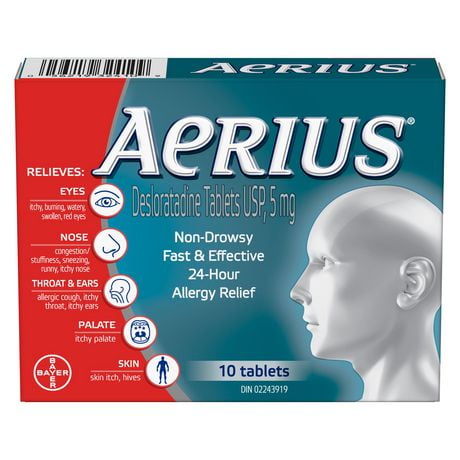
"These nasal steroid sprays treat more symptoms of allergies than other drug classes, and they are more effective in reducing the severity of symptoms," says Dr. Many of these sprays are now available over the counter. Topping the list is a corticosteroid nasal spray, such as mometasone furoate (Nasonex) or fluticasone propionate (Flonase). Only certain allergy medications should be used in advance. "More inflammatory cells are recruited to the nose and sinuses, symptoms become more severe, and it's difficult to treat them." Instead, he suggests that it's better to block the reaction before it begins, which prevents symptoms or lessens their severity, and keeps irritation from progressing to sinusitis or an asthma flare-up. "Once the reaction starts, it's hard to stop," Dr.

It's also because the reaction to even a few allergens has a snowball effect. This is partly because some drugs, such as corticosteroid nasal sprays, take a few weeks to become fully effective. But it's best to do so before those allergens arrive. Instead of allowing the body to conduct an unnecessary fight against pollen, you can turn off your defense system with medications. Your sleep is worse, you're more tired in the morning, and your quality of life suffers," says Dr. "The impact of allergies goes beyond discomfort. Those chemicals, however, also trigger watery eyes, a runny nose, sneezing, coughing, and a sore throat-a gooey mess known as hay fever (allergic rhinitis).

Mast cells in the lining of the nose mistake the harmless tree particles for dangerous invaders, and summon help by releasing chemicals such as histamine and tryptase, which then recruit more immune system cells to the battle. When spring allergens-typically pollen from oak, elm, birch, poplar, or maple trees, depending on where you live-float through the air and reach the nose, the body sometimes overreacts. Ahmad Sedaghat, an ear, nose, and throat specialist at Harvard-affiliated Massachusetts Eye and Ear Infirmary. "Pretreating allergies will lead to better control of symptoms, and maybe prevent symptoms from showing up," says Dr. The spring allergy season begins next month, and if you want to avoid symptoms, you must act now. Fighting back against tiny allergens before they strike can help you avoid or reduce symptoms.


 0 kommentar(er)
0 kommentar(er)
